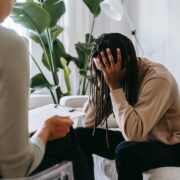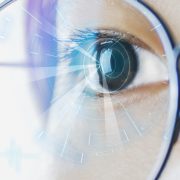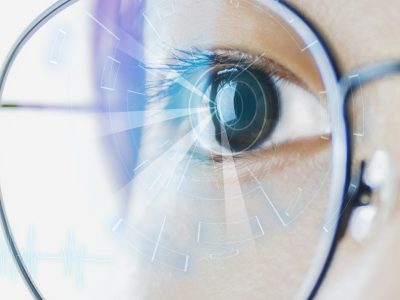As we go about our daily lives, we are constantly exposed to a variety of sounds. From the sound of traffic on the streets to the music blaring from our earbuds; our ears are bombarded with noise. While some of these sounds may be pleasant, prolonged exposure to loud sounds can lead to hearing damage. In this blog post, we’ll discuss the importance of protecting our hearing and provide tips on how to prevent hearing damage and delay the onset of hearing loss.
Types of hearing loss and their causes
There are two main types of hearing loss. Conductive hearing loss occurs when sound waves can’t reach the labyrinth of the ear due to damage, such as structural abnormalities or aftereffects of an ear infection, or a blockage like earwax buildup. This is unlike sensorineural hearing loss, which is the result of damage being done to the hair cells in the cochlea or the auditory nerve. This type of hearing loss is often the result of prolonged exposure to loud noises or aging, but it can also be caused by genetic factors, infections, and certain medications. Luckily there are a few things you can do to offset this loss of hearing, and you can start by taking a look at phonak.com/en-us/hearing-devices/hearing-aids to compare some of the best hearing aid solutions out there for you.
Factors that Affect Hearing Health
Age, genetics, and medical conditions can all contribute to hearing loss. As we age, the hair cells in our cochlea naturally begin to deteriorate, which can lead to hearing loss over time. Certain medical conditions, such as diabetes and high blood pressure, can also damage the blood vessels in the inner ear and contribute to hearing loss. Additionally, genetic conditions and abnormalities can play a role in hearing loss, as certain inherited conditions can cause damage to the inner ear.
Preventing Hearing Damage
The good news is that hearing damage can often be prevented. One of the best ways to protect your hearing is to wear earplugs or other protective gear when you are in loud environments. You can also limit your exposure to loud noises by turning down the volume on your headphones or avoiding noisy activities. Another way to prevent hearing damage is to take breaks from noisy environments. If you’re at a concert or a sporting event, take a break and go somewhere quiet for a few minutes every hour. This will give your ears a chance to recover before any real damage can be done.
Seeking Help for Hearing Loss
If you suspect that you have hearing loss, it’s important to seek help from a qualified professional. A hearing test can help determine the extent of your hearing loss, and how best you can go about treating it, or prevent it from accelerating. Hearing aids and other assistive devices can help improve your hearing and make it easier to communicate with others.
Protecting your hearing should be a top priority. While loud noises may be an inevitable part of our daily lives, taking steps to prevent hearing damage can make all the difference in maintaining healthy hearing. By understanding how sound works, the different types of hearing loss, and the factors that can contribute to hearing damage, you can take proactive steps to protect your hearing.

















